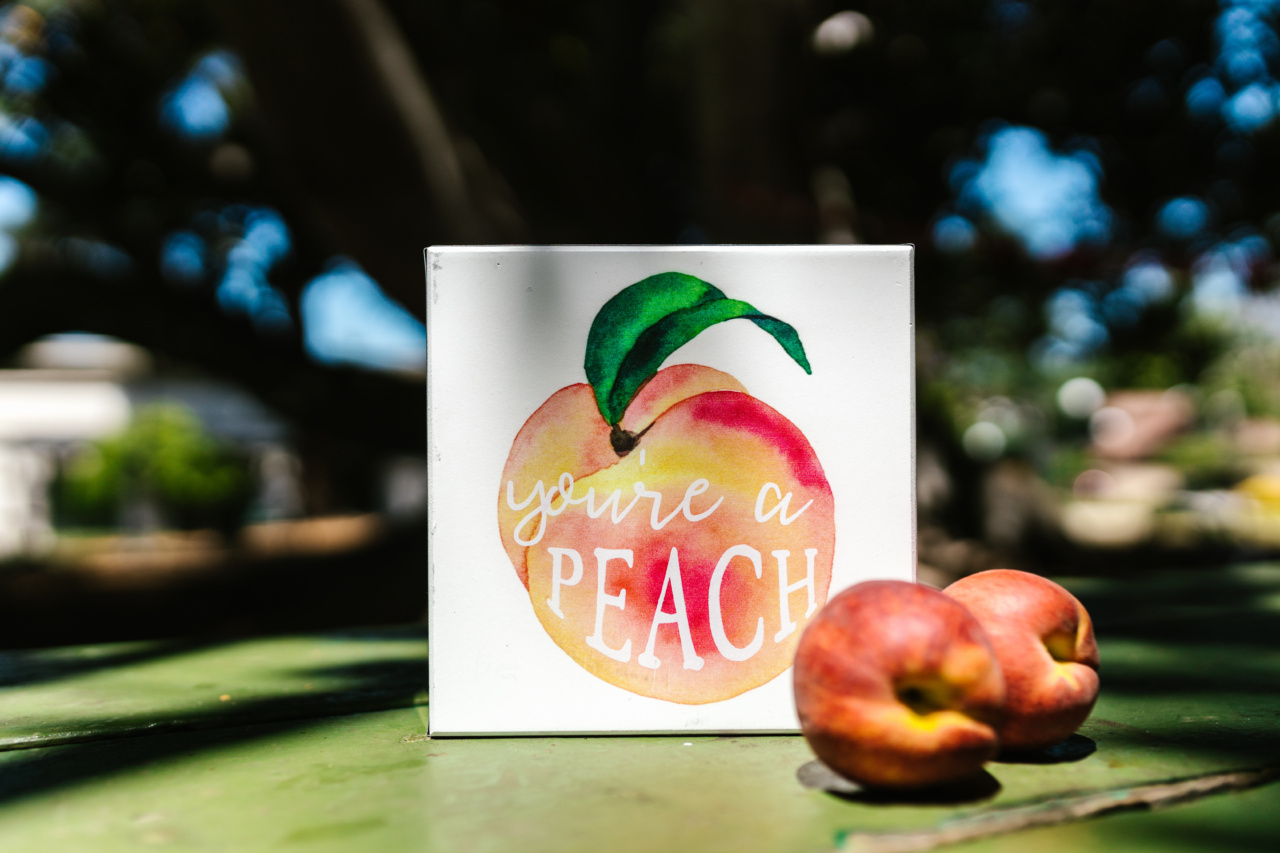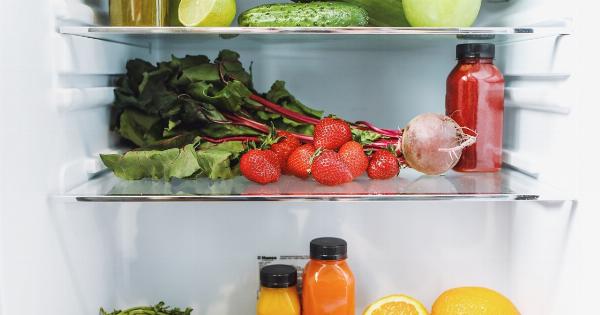Bloating is an uncomfortable condition that can make you feel full, gassy, and swollen. Many factors can contribute to bloating, including eating certain foods.
It’s essential to know which foods may be contributing to your bloating, so you can avoid them and feel more comfortable.
Common Causes of Bloating
Before we dive into specific fruits that may be contributing to your bloating, let’s review some common causes of bloating.
Overeating
If you eat too much food at once, your stomach may become overly full, leading to uncomfortable bloating.
Gas
Gas can build up in your stomach and intestines, leading to bloating. This gas can come from swallowed air or from the fermentation of undigested food by your gut bacteria.
Constipation
When your body has trouble passing stool, it can lead to bloating and discomfort.
Food Intolerances
If you have a food intolerance, it means that your body has difficulty digesting certain foods, leading to bloating, diarrhea, and other unpleasant symptoms.
Fruits That May Contribute to Bloating
Mangoes
Mangoes are a delicious and nutritious fruit, but they can also contribute to bloating. Mangoes contain a high amount of fructose, which can be difficult for some people to digest.
Additionally, mangoes can be quite fibrous, which can lead to bloating and gas.
Watermelon
Watermelon is a refreshing and hydrating fruit perfect for summertime. However, like mangoes, it’s also high in fructose, which can be difficult to digest for some people.
Additionally, watermelon is quite watery, which can combine with stomach acid and lead to bloating and discomfort.
Apples
Apples are a common fruit that many people enjoy. However, apples are high in fructose and fiber, both of which can contribute to bloating and gas.
Additionally, apples contain pectin, a type of fiber that can cause fermentation in your gut, leading to bloating and discomfort.
Stone Fruits (Peaches, Plums, etc.)
Stone fruits are delicious and juicy, but they can also contribute to bloating. These fruits are high in fructose and sorbitol, which are both difficult to digest and can lead to gas and bloating.
Additionally, stone fruits can be quite fibrous, which can exacerbate the bloating and gas.
Pears
Pears are a sweet and juicy fruit, but like other fruits on this list, they’re high in fructose and fiber. Pears also contain sorbitol, a sugar alcohol that’s difficult to digest and can cause bloating and gas.
Bananas
Bananas are a convenient and healthy snack, but they can also contribute to bloating. Bananas are high in resistant starch, which can be difficult to digest and can lead to bloating and gas.
Additionally, bananas are high in fructose, which can be problematic for some people.
Figs
Figs are a sweet and delicious fruit, but they can also contribute to bloating. Figs contain a high amount of fructose and fiber, which can be difficult to digest for some people.
Additionally, figs are often dried, which can make them even more concentrated and exacerbate the bloating.
Tips for Reducing Bloating
Limit Your Intake of Problematic Fruits
If you’re experiencing bloating, it’s a good idea to limit your intake of fruits that are high in fructose, fiber, and sorbitol. Try swapping out these fruits for low-fructose options like berries, citrus fruits, and melons.
Eat Smaller, More Frequent Meals
Overeating can lead to uncomfortable bloating, so try to eat smaller, more frequent meals throughout the day instead of large meals all at once.
Avoid Eating Too Quickly
Eating too quickly can lead to swallowed air, which can contribute to bloating. Try to eat slowly and chew your food thoroughly to avoid this problem.
Stay Hydrated
Drinking plenty of water can help keep your digestive system running smoothly and prevent bloating.
Take Probiotics
Probiotics are beneficial bacteria that can help improve digestion and reduce bloating. You can find probiotics in foods like yogurt, kefir, and sauerkraut, or you can take a supplement.
Conclusion
While fruits are an important part of a healthy diet, certain fruits may be contributing to your bloating. By limiting your intake of these fruits and following the tips we’ve outlined, you can reduce your discomfort and feel better overall.






























